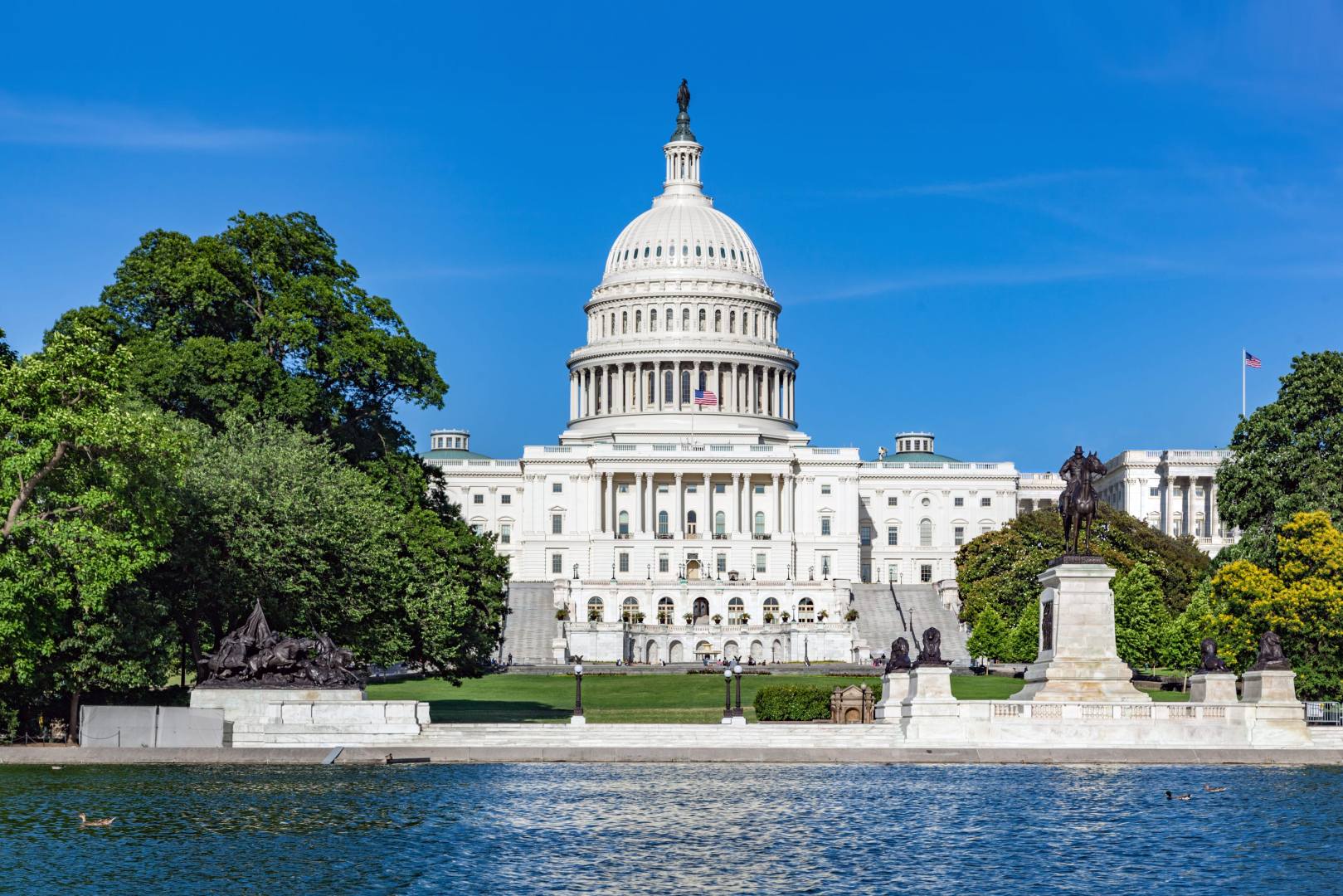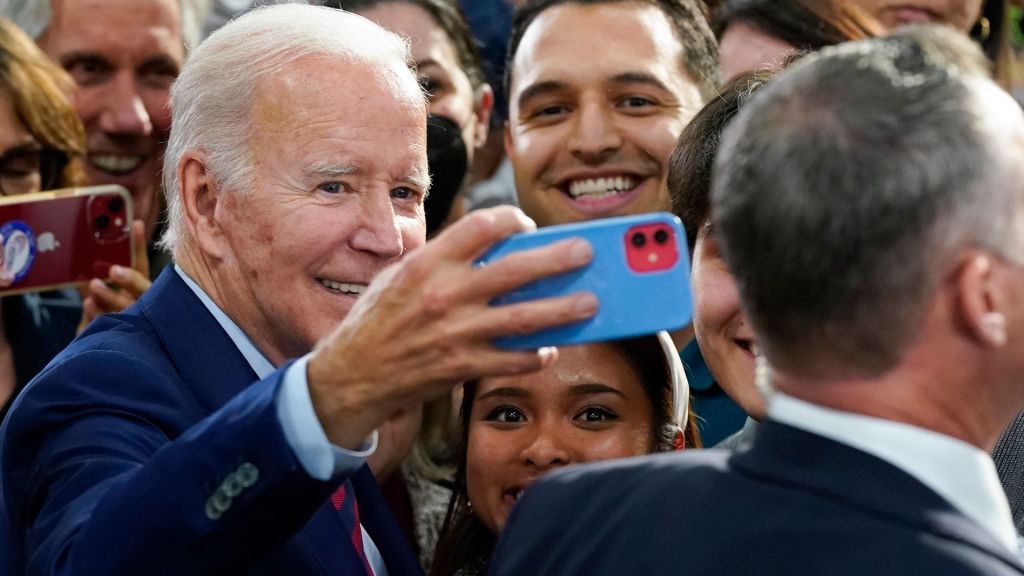
Commentary
-
Our commentary partners will help you reach your own conclusions on complex topics.
One of the most destructive features of our political polarization is that the political parties can devolve into episodes of tit-for-tat retribution. If you investigate my candidate, my president, my party, then we should turn the tables and investigate you back. This cycle of retribution leads to the escalation of political warfare. While we should not expect perfect common harmony between the parties, stopping the cycles of political retribution, would go a long way toward improving civic life.
What are some examples of this cycle of retribution? First, in the late 1970s, as part of a larger ethics reform, Congress passed the Independent Counsel Act. The idea was to create a special counsel who was extremely independent of political control of the current administration, which would allow this counsel to investigate misdeeds of the sitting president without interference. While in theory the goal was to remove political influence from corruption investigations, in practice it created investigations that were nearly uncontrollable, and accountable and unending.
Justice Scalia, in a prescient dissent, noted not only the constitutional problems with the act, but also that it sicced a nearly-uncontrollable beast on a presidential administration. Far from seeing these investigations as apolitical, presidents saw them as weapons of their political opponents. Under the Reagan and first Bush presidencies, Republicans came to see the problems with these independent counsels. And with a switch in party of the presidency, Democrats and the Clinton Administration made the same criticism. Ultimately, the act was allowed to lapse and these open-ended, uncontrollable investigations came to an end.
There are of course, other forms of investigations that are possible under current law, and they are often the subject of political dispute, but the more extreme form of investigation came to an end after both parties had suffered under it. A second example is the use of the House Ethics process against Speakers of the House in Congress. In the early 1990s, Republicans had been in the minority in the House for nearly 40 years, and they saw both corruption and a heavy hand of governing from the majority Democratic Party. They made a series of complaints and ethics charges, one of which led to the resignation of Speaker of the House Jim Wright.
When Republicans finally took the majority, Democrats pursued significant ethics complaints against new Speaker Newt Gingrich. Leaving aside the underlying conduct, this situation was likely to devolve into a new norm that every minority party would try to take out the Speaker of the House with ethics charges. While there was no one action that stopped this cycle of charges, both changes to the ethics process and changes in the political environment kept this from expanding to a regular practice. Third, some good news has emerged from the current House of Representatives. In the last Congress, Speaker Pelosi and the Democratic majority took several actions to remove or to refuse to seat, certain Republicans on committees. At the start of this Congress, Speaker McCarthy and Republicans prevented several Democrats from sitting on committees. Both sides have complained bitterly about their excluded members. And it would not be hard to imagine escalating warfare with the majority party removing more and more of the minority parties members from committees.
Fortunately, there’s good news. Speaker McCarthy and Minority Leader Jeffries, despite their political differences, have established a good working relationship and have regular communication about the operation of the House. They’ve created a bipartisan task force to come up with criteria and due process for any future committee removals. Time will tell if the task force recommendations will slow the political warfare on this issue, but the move is a sign that both leaders are trying to lower the temperature around this practice.
Finally, and most controversially, former President Trump has announced that he’s running for president and he is under investigation in many jurisdictions, including his recent indictment by a New York prosecutor. Many Republicans viewed this particular investigation as political. Some have even called for Republican-elected prosecutors to go after Democratic candidates for office in the same way. It’s hard to imagine a good outcome if former President Trump is subject to indictment after indictment from state and federal prosecutors. Surely this would lead to the escalation of prosecutions of future Democratic candidates for office as well.
There’s no easy answer here. We do have in place some protections. Sitting presidents are shielded from some indictments while in office. And for federal investigations, the Justice Department has policies that aim to limit action on investigations close to an election, although the application of these policies has been disputed. But our problem is now broader as we have state as well as federal investigations, and presidential campaigns are very long affairs.
It will not please everyone, but we will likely need some form of at least partial protection for candidates for office, either enforced by courts, laws, and policies, or agreement between the parties. Otherwise we can only expect to see an ever-accelerating set of investigations of political candidates of both parties.
-
SCOTUS case on threat of disinformation raises thorny questions
The Supreme Court recently heard arguments concerning government communications with social media platforms in Murthy v. Missouri. Plantiffs in the case claim that government agencies pressured social media companies to remove or restrict posts spreading disinformation about vaccines, elections and COVID-19. Straight Arrow News contributor John Fortier delves into the complex questions raised by the…
-
Trump v. Anderson is more complicated than it looks
The Supreme Court case Trump v. Anderson will decide whether former President Donald Trump is eligible to run as a candidate for president in 2024. Some constitutional law experts have argued that Trump cannot run as a candidate, citing what they say is a clear violation of the 14th Amendment in the U.S. Constitution, which…
-
Era of Iowa, New Hampshire kicking off election season is ending
In American politics, tradition dictates that Iowa and New Hampshire kick off the election season as the two major parties elect their primary candidates. Recently, however, Democrats have suggested revising this tradition, arguing that Iowa and New Hampshire do not present an optimal, comprehensive sample of American voters, and suggesting states like South Carolina or…
-
Why the frenzy over Georgia’s voting laws was misplaced
Georgia Gov. Brian Kemp (R) changed state voting laws after President Joe Biden narrowly won Georgia’s electoral votes over former President Donald Trump in 2020. Voting advocacy groups responded and the U.S. Department of Justice filed a lawsuit against the legislation. These lawsuits alleged that the Georgia GOP in the state legislature aimed to restrict…
-
Changing speakers isn’t actually going to help Republicans
After three weeks without a speaker and three unsuccessful attempts to secure the required votes for a new one, the U.S. House of Representatives elected a little-known Congressman from Louisiana, Rep. Mike Johnson. But was the decision to elect Rep. Johnson, who leans hard-right and pro-Trump, a wise move for the Republican Party? Straight Arrow…
Latest Stories
-
 Getty Images
Getty Images
Biden uses NFL draft ad to try to connect with young voters
-
 Getty Images
Getty Images
Powering pot: Energy for US cannabis industry could electrify 13.5M homes
-
 Getty Images
Getty Images
Allies plan for Trump to have more control over interest rates
-
 Getty Images
Getty Images
FDA: Bird flu found in 1/5 commercial milk samples, suggests greater spread
-
 Reuters
Reuters
China permanently deploys warships to second overseas base
Popular Opinions
-
In addition to the facts, we believe it’s vital to hear perspectives from all sides of the political spectrum.
Latest Opinions
In addition to the facts, we believe it’s vital to hear perspectives from all sides of the political spectrum. We hope these different voices will help you reach your own conclusions.
The opinions published in this section are solely those of the contributors and do not reflect the views of Straight Arrow News.

















Latest Commentary
We know it is important to hear from a diverse range of observers on the complex topics we face and believe our commentary partners will help you reach your own conclusions.
The commentaries published in this section are solely those of the contributors and do not reflect the views of Straight Arrow News.
Peter Zeihan
Geopolitical StrategistGlobal warming won’t impact Russian-Chinese shipping
Can other nations replicate success of US shale revolution?
Peace between Israel and Iran, at least for now
Dr. Frank Luntz
Pollster and Political Analyst‘Take the job seriously’: Why Americans are fed up with Congress
‘If we can shrink it, it will stop growing’: Americans talk debt, deficit
‘I don’t think they care’: Undecided voters explain their reasons
Pete Ricketts
U.S. Senator for Nebraska